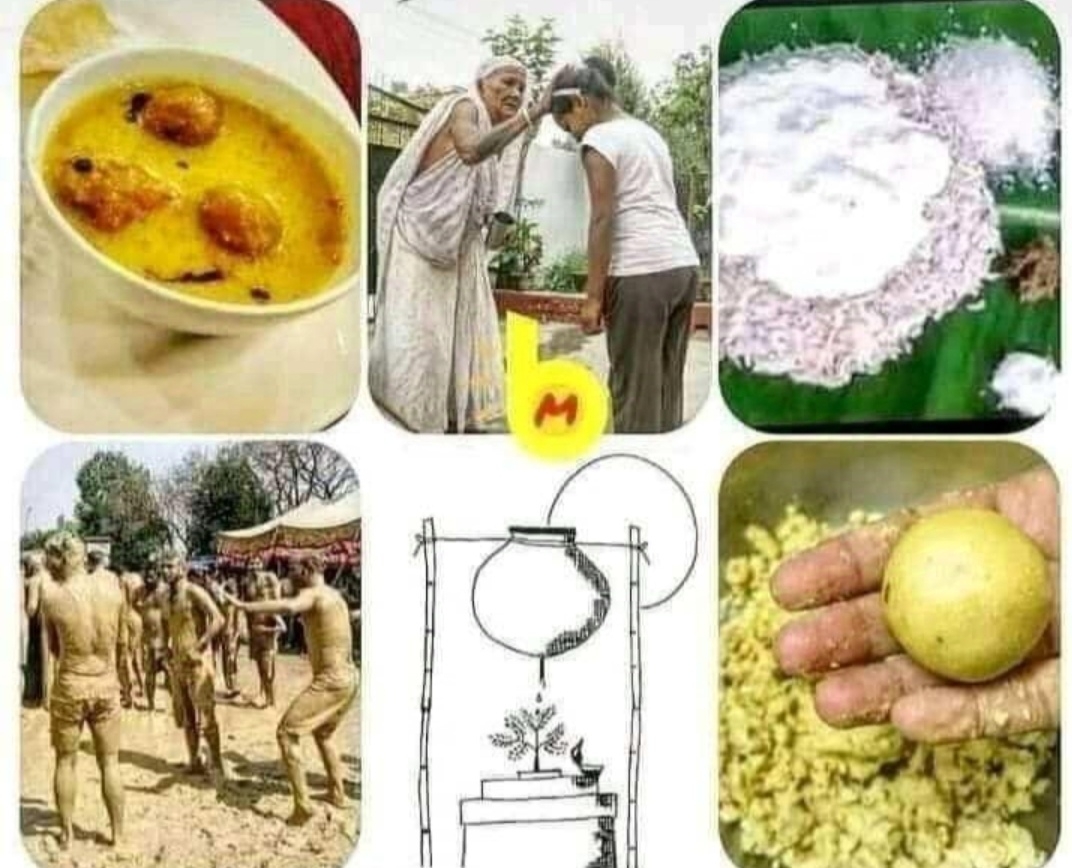T. K. Madhavan: Pioneer of Kerala's social revolution (2 September 1885- 27 April 1930)
T. K. Madhavan: Pioneer of Kerala's social revolution (2 September 1885- 27 April 1930)
Introduction
There have been many revolutionaries in India's freedom struggle who made social reform their goal along with political freedom. T. K. Madhavan was one such personality who brought about a deep revolution in the social life of Kerala. He was not only a freedom fighter but also a determined hero fighting for the rights of Dalits and underprivileged classes.
Early life and education
T. K. Madhavan was born on 2 September 1885 in Kayamkulam, Travancore. His father K. Gopalan Thampi was an enlightened thinker. Madhavan's family gave importance to education and progressive thinking from the very beginning, so special attention was paid to Madhavan's education.
After completing school education, he studied law and started practicing law. During this time, he started witnessing the social injustice happening in Travancore, which ignited the fire of rebellion within him.
Start of social reform movement
Madhavan soon realized that India's independence cannot be only political, as long as evils like caste and untouchability exist in society. He was greatly influenced by the principles of Sri Narayana Guru. Guru had said:
"One caste, one religion, one God, for all."
Madhavan made this idea the mantra of his life and started an active struggle to get equal rights to the most deprived sections of society.
Vaisakha Satyagraha: A historic movement
Background of the movement
The roads around the Mahadev temple in Vaikom were forbidden to the lower castes. They did not have the right to go near the temple, let alone reach it. Madhavan raised his voice against this social injustice.
Beginning of the movement
In 1924, Madhavan started the Vaisakha Satyagraha with the support of Congress and social reformers. The satyagrahis tried to walk on the roads around the temple, but were stopped, arrested and tortured. Yet the movement remained peaceful and non-violent.
Mahatma Gandhi's intervention in the movement
Mahatma Gandhi also supported the Vaisakha Satyagraha. He himself came to negotiate with the Diwan and Maharaja of Travancore. The movement got new strength under the guidance of Gandhiji.
Result:
The government announced the opening of the public roads around the temple to all castes in 1925.
This was the first major step towards social equality in South India.
Effect of Vaisakha Satyagraha
There was an unprecedented increase in the self-esteem of Dalits and underprivileged classes.
This movement later gave birth to the 'Temple Entry Movement'.
Social reform movements in Kerala received widespread public support.
Role in political life and national movement
T.K. Madhavan was also actively associated with the Indian National Congress.
In the 1923 Kakinada Congress session, he prominently raised the issue of abolition of untouchability.
He was of the view that the dream of Indian independence can be fulfilled only when the lowest sections of society get respect and equality.
Madhavan advocated making 'social reform' a primary agenda in the Congress.
His ideology in a way prepared the ground for the discussion that started between Mahatma Gandhi and Dr. Bhimrao Ambedkar on the issues of social justice.
Journalism and intellectual contribution
T.K. Madhavan made journalism a medium of social awakening.
He was the editor of 'Desabhimani' newspaper, which became the carrier of the ideas of social reform.
Through his writings, Madhavan not only spread political consciousness but also raised awareness against superstition, casteism and social evils.
His writings were brilliant and practical, which directly touched the hearts of the people.
Personal life and character
T. K. Madhavan lived a simple life.
Truth, non-violence and equality were his basic principles.
He did not discriminate against anyone on the basis of caste, religion or class.
He believed that true service to society can be done only when the person serving is selfless and egoless.
His popularity was so much that the Dalit community considered him their messiah.
Death
T. K. Madhavan's life was an example of extraordinary service and struggle, but unfortunately he died after a long illness on 28 April 1930 at the age of only 44.
With his death, Kerala and India lost a great social reformer and patriot.
T. K. Madhavan's legacy
Laid the foundation of social equality through the Vaisakha Satyagraha.
Spread awareness against untouchability in Indian society.
He was a leading activist for the self-respect and rights of the Dalit community.
Created the flow of social reform through journalism.
Even today, T.K. Madhavan's name is taken with great reverence in the social reform movements of Kerala and India.
Conclusion
T.K. Madhavan is not just a name in the pages of history, but he is a symbol of social equality and human dignity. His life teaches us that if the resolve is strong, even the most deeply rooted evils of society can be uprooted.
His struggle, sacrifice and vision are still a source of inspiration for Indian society.




टिप्पणियाँ
एक टिप्पणी भेजें